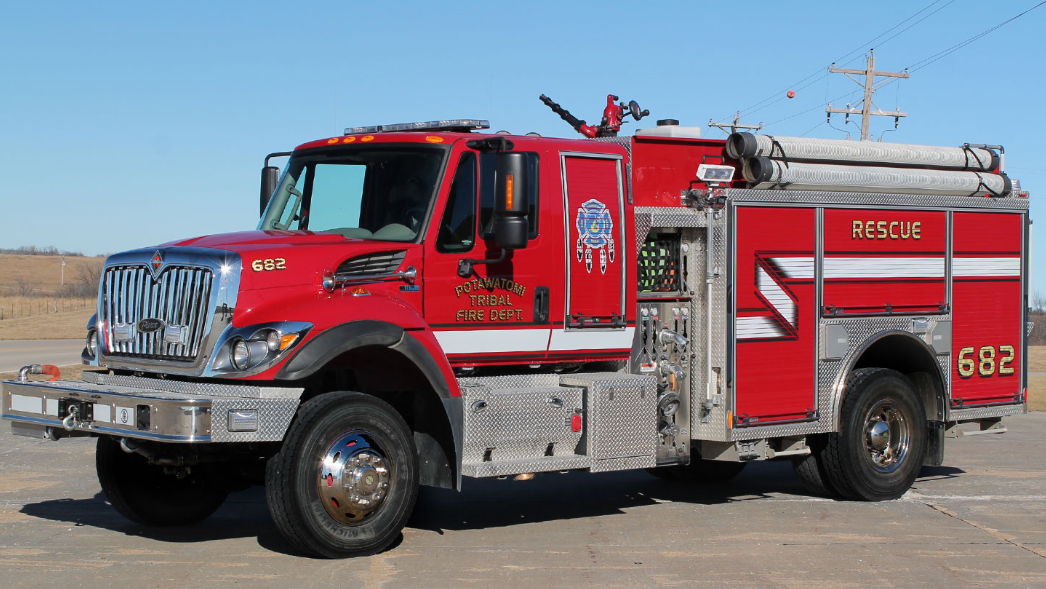
- Details
- By Native News Online Staff
MAYETTA, Kan. — Rachael McCoy, 29, an employee of the Prairie Band Potawatomi Nation’s transportation department, passed away on Wednesday from injuries sustained in a two-vehicle accident that occurred on Tuesday morning.
Early last Tuesday morning, McCoy, who was driving a pickup truck with her two children, was hit by automobile at the intersection of Highway 75 & 158th Road in Mayetta, Kan. near the tribal headquarters.
McCoy, her two children and the driver of the other vehicle involved in the crash were injured.
Potawatomi Tribal Fire personnel initially found multiple critically injured patients being attended by PBPN administrative and Health Center employees, along with two employees from Stormont Vail and one Washburn University nursing student.
“We are deeply saddened by this loss of life and the impact it will have on her family and our community,” Prairie Band Potawatomi Nation Tribal Chairman Joseph Rupnick said. “And we are also grateful for the support of all who were directly involved in assisting during this critical incident.”
Tribal fire ambulances transported three critically injured patients from the crash scene to Stormont Vail Hospital in Topeka.
Assisting at the scene of the accident were the Prairie Band Potawatomi Tribal Police Department and dispatchers, the Jackson County Sheriff’s Department, the Kansas Highway Patrol.
McCoy was employed as a lead driver/supervisor at the Prairie Band Potawatomi Transportation Department. She is survived by her husband Justin McCoy, daughter Delilah, 10, and son Wyatt, 7.
More Stories Like This
Native News Weekly (August 25, 2024): D.C. BriefsUS Presidents in Their Own Words Concerning American Indians
Flanagan Calls ICE Agents ‘out of control’ after Woman Killed in Minneapolis
American Indigenous Tourism Association Announces New Board Members
Deb Haaland Talks Youth, Jobs and Opportunity in Governor Bid
Help us defend tribal sovereignty.
At Native News Online, our mission is rooted in telling the stories that strengthen sovereignty and uplift Indigenous voices — not just at year’s end, but every single day.
Because of your generosity last year, we were able to keep our reporters on the ground in tribal communities, at national gatherings and in the halls of Congress — covering the issues that matter most to Indian Country: sovereignty, culture, education, health and economic opportunity.
That support sustained us through a tough year in 2025. Now, as we look to the year ahead, we need your help right now to ensure warrior journalism remains strong — reporting that defends tribal sovereignty, amplifies Native truth, and holds power accountable.
 The stakes couldn't be higher. Your support keeps Native voices heard, Native stories told and Native sovereignty defended.
The stakes couldn't be higher. Your support keeps Native voices heard, Native stories told and Native sovereignty defended.
Stand with Warrior Journalism today.
Levi Rickert (Potawatomi), Editor & Publisher

